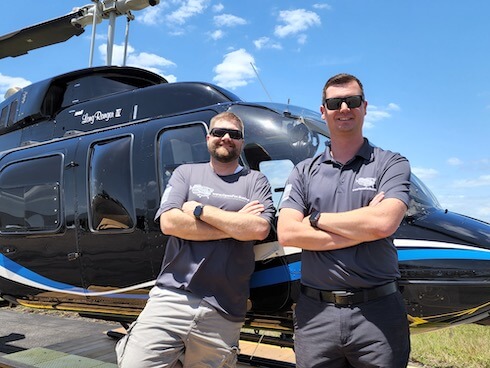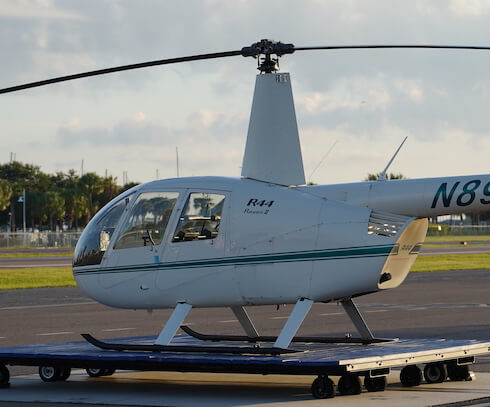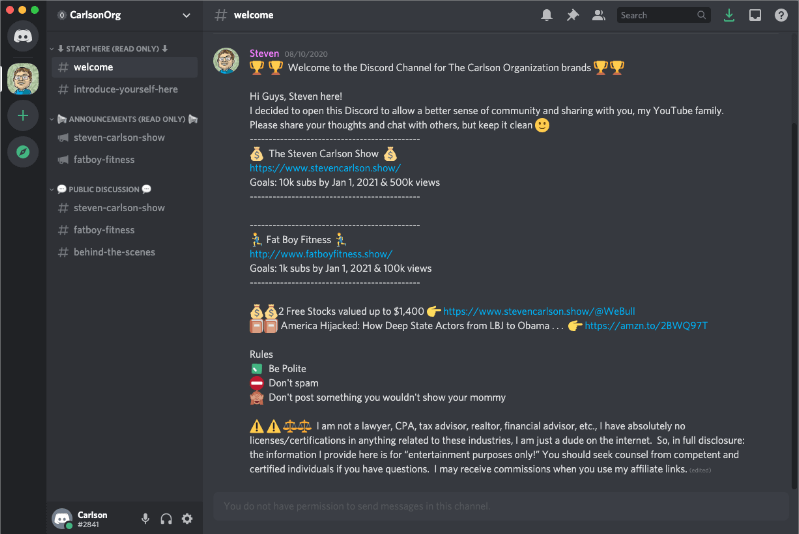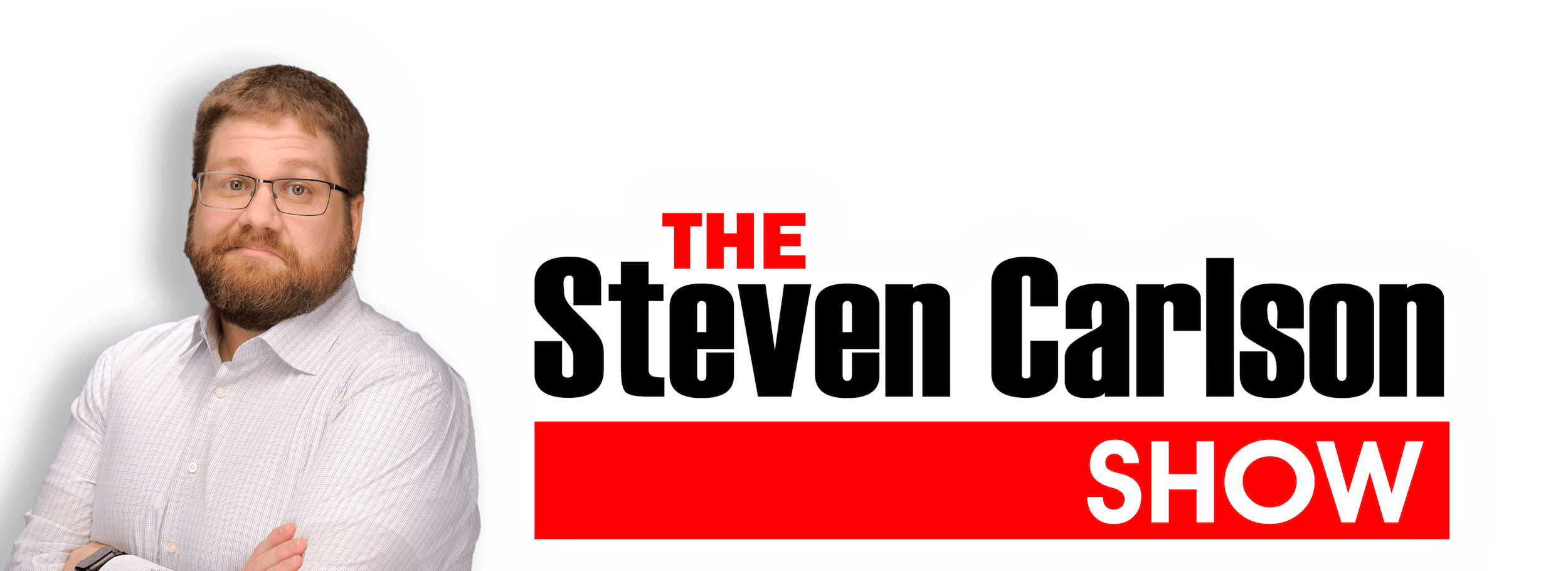Are most VPN services a scam? In one simple word, yes, but the reasons for why and how is a bit more complicated, so let me explain.
The first thing to make it clear is that I am talking about the VPN service industry as a whole, not calling specific companies scams. Or said another way, don't sue me VPN companies for exposing your [donkey] scams. Now, with that out of the way.
Not a week goes by without another significant hacking or identity theft story hitting the news. With the constant media attention to this, more and more people are becoming aware of the risks and want to keep their online activity private and secure.
With an ever-increasing market of available customers, unscrupulous companies swoop in for the picking, and it seems like a new VPN service opens its doors every few weeks.
Most of them claim to provide 100% anonymity and a "secure and private" experience while browsing the web – but how can you know which ones are legitimate? Unfortunately, it's not always easy to tell.
Most people look for service reviews on websites that purport to offer unbiased evaluations of different VPN providers. However, many of these sites feature fake reviews from affiliate partners paid to recommend the service or, worse yet, the VPN companies themselves writing fake reviews to boost their ratings.
YouTube is littered with thousands upon thousands of videos sponsored by VPN services. The sponsorship money these companies are willing to throw at YouTube influencers is insane, but we will get to the economics of this industry in a minute.
Unfortunately, I've found that many VPNs engage in misleading marketing practices, sales gimmicks, and outright scams. Since most people don't know what to watch out for, they quickly fall victim to these common VPN scams. And because VPNs are often located overseas, they're rarely held accountable for their dishonest marketing and fraudulent behavior.
First off, let's ignore the obvious fakes and scams. This means any VPN offering free service or lifetime access for one low payment of $49 is 100%, without a doubt, a scam. They are either a fly-by-night operation that will take your $49 and run, or they are harvesting your data and selling it to data brokers. Simply put, if it sounds too good to be true, it probably is.
Those aside, let's focus on the big players in the industry, ones written about in mainstream media and touted as safe, secure, and reliable.
Remember how I said the big players in the VPN space are spending vast fortunes sponsoring YouTubers? I have been approached by multiple services offering $2,000 plus commissions. I am a small influencer; across all my platforms, I have an audience of about 100k people. Just imagine what they are offering the larger channels, which can easily justify $10k - $50k or more for sponsorship, and that doesn't include the commission on top. Some VPN services offer 30 - 100%; yes, you heard me right, in some cases, they will pay the influencer 100% of the revenue received on the first sale.
The problem is; these numbers simply do not add up. Let's do some math with a few of the top companies and show how, in my opinion, these businesses can not possibly be profitable without something shady going on.
NordVPN offers a generous commission of 100% of the first month's sale when a user signs up for a month-to-month plan. Of course, you could say this is a "loss leader," the company is willing to forgo revenue the first month as commission because they know they will continue to get paid on the monthly reoccurring; ok, I can buy that, but let's put that aside for a minute, and cover the numbers.
1-month of service is $11.95, with a commission of 100% ($11.95) = $0
1-year of service is $67.32, with a commission of 40% ($26.92) = $40.39
2-years of service is $99.63, with a commission of 30% ($29.88) = $69.74
ExpressVPN offers a flat commission per sale as follows
1-month of service is $12.95, with a $13 commission = -.05
6-month of service $59.94, with a $20 commission = $39.94
1-year of service is $80.04, with a $36 commission = $44.04
Finally, SurfShark, which NordVPN owns, but they have a different pricing structure.
Their prepaid 2-year plan is only $49 with a 40% commission ($16) = $29.40
These three services would average from the high end of $12.95 per month if you paid monthly all the way to the lowest $2.04 per month with SurfShark.
That leaves little money to pay for the VPN service's number one cost of operating the service, bandwidth.
In addition to privacy and security, one of the big features VPN services love to brag about is the ability to watch streaming TV unavailable in your country. [find commercial snippet]
The problem is that streaming videos use a lot of bandwidth, which is costly. While I cannot know the exact numbers the VPN services are paying for or what companies they use for their hosts, I will use Amazon's lowest bulk of 0.5 per GB for bandwidth as an estimate.
A recent study from Nielsen states the average American watches 4 hours and 49 minutes of streaming content daily.
Let's continue our basic math here.
4 hours daily watching 4k videos = 28GB of data per day, 30 days per month = 840GB of bandwidth utilized by that single customer over the month. Their bandwidth costs would exceed $40.
Ok, not every customer watches 4k, so let's calculate 1080p HD video at 60 fps, which comes to 12GB per day or 360GB for the month at $18.
Of course, not all of their customers use that much data, but remember, per the Nielsen study, that is the average, so some use way more.
Remember, this is only the bandwidth costs associated with running a VPN; it doesn't include the costs of the servers, but we will get to that in a second.
I know some tech-savvy viewers are probably screaming at their screens right now, calling me an idiot for how I calculated the bandwidth costs. Arguing the VPN services would lease dedicated data connections at a fixed speed and only pay for the IP Transit. This is probably true; in those cases, each location they operate servers would cost approximately $7,000 for a dedicated 10Gbps connection, which is the absolute minimum that would be needed as many of these VPNs claim they utilize 10Gbps connections.
Some more simple math shows $7,000 x 170 cities (the average number most of the services claim) to offer service in; you now have $1.1 million in monthly bandwidth charges.
Plus, we still have the server costs. Most providers claim approximately 5,000 total servers in their inventory, estimating their monthly costs at between $200 on the low end to $500 on the high end each.
All together, bandwidth and servers would cost between $2.1m and $3.6m per month, and for them to break even, they would need 162k customers paying $13 per month or a little over 1.0 million paying $2 per month, which was the average price when prepaid.
Also, remember the millions in paid endorsements to YouTubers each year, on top of the server & bandwidth costs and the per-sale commission paid. It is simply impossible for this business model to be successful unless there is something the industry is hiding.
This brings me to my last thought. How are these companies profitable with such small margins and incredibly high cost of service sold?
They must be bringing in cash from somewhere else. They claim not to sell your private surfing data, but that is the only thing I can think of where they could be valuable enough for them to sell.
Or are there larger, hidden nation-state operations at play? I hate to get conspiratorial, and I have zero evidence of this from the companies I mentioned in this video, but let's have a little thought experiment.
If you were a nation-state wanting to get details on political dissidents, wouldn't the best method be to offer a covert spying application concealed as a VPN service?
Whether they are selling your data or spying on behalf of foreign governments, the economics of the VPN services industry is very murky.
Follow Me On...
Steven creates video interviews with interesting people with extraordinary stories from various walks of life, sharing their successes and failures.
Full-length interviews and shorts are available on YouTube, with behind-the-scenes content and photos on Instagram and Facebook.
Keep Up to Date!
Subscribe to Steven's email list to be notified when new content is released!
Bell 206L4
For longer, multi-day, or multi-state trips, I usually fly a Bell 206L4 helicopter which seats two pilots in front and five passengers in the back.


R44 Raven II
For shorter, single-day, local 'Tampa Bay Area' videos, I usually fly a smaller R44 Raven II helicopter, which seats two pilots in the front, and two passengers in the back.

Get in touch
Have a suggestion for an interview or video?
- Corporate address
-
The Carlson Organization, Inc.
18 2nd Street
Luray, VA 22835 - Phone number
- +1 (540) 742-7001
Join our community on Discord
Join in the discussion and share your insights with the community.
Join Now it's free


 subscribe
subscribe